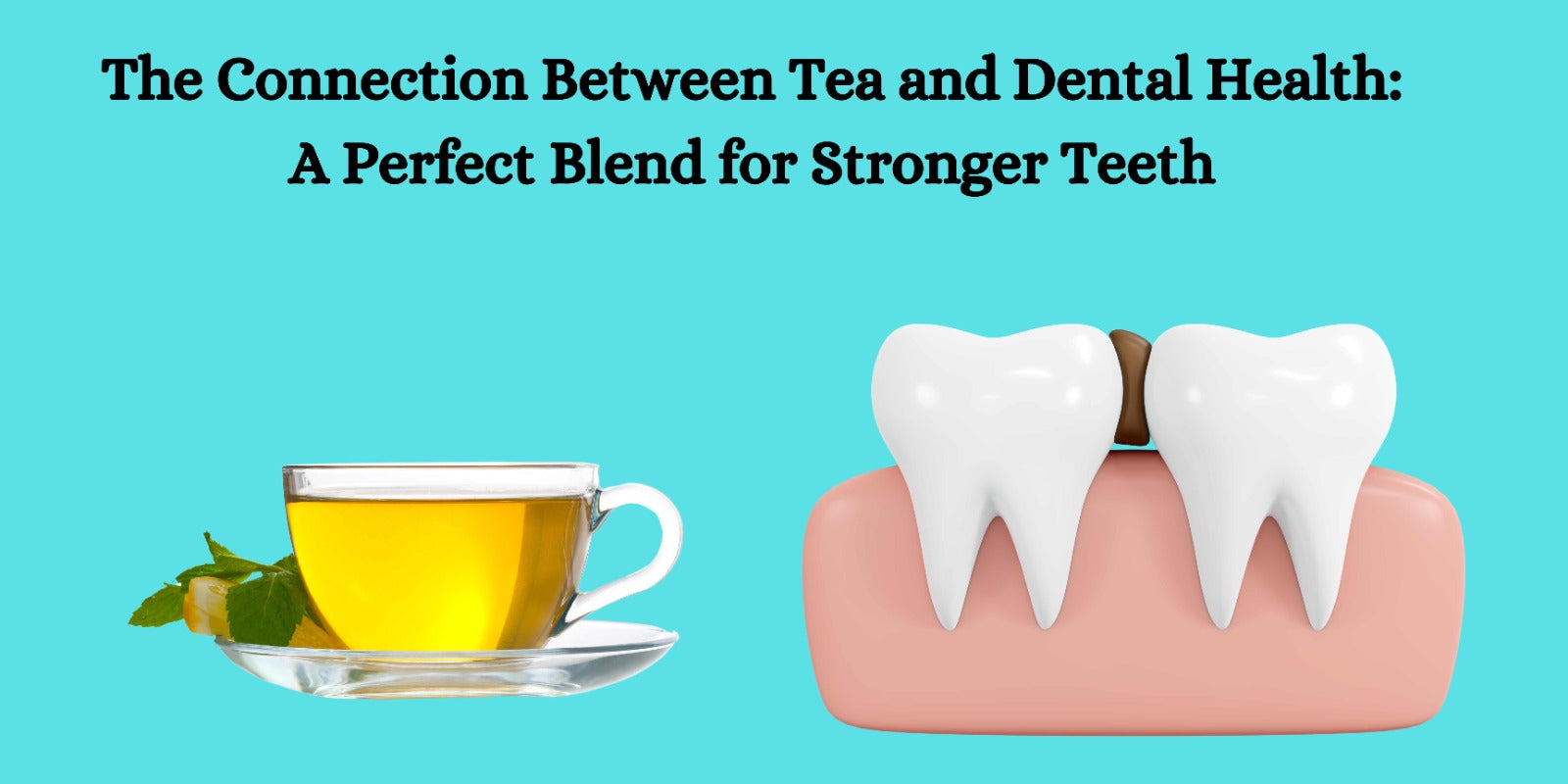Oolong tea, a traditional and treasured beverage with a rich history, has piqued the interest of tea enthusiasts around the world. This unique tea offers an intriguing aspect - a caffeine level that lands perfectly between a gentle green tea and a robust cup of black tea. In this comprehensive blog post, we will delve into the caffeine content of oolong tea, explore its influence on the beverage, and unravel the many factors that contribute to caffeine content within this beloved tea variety.
Understanding Oolong Tea: An Overview
The Origins of Oolong Tea
Oolong tea, a traditional Chinese tea, is crafted from the partially oxidized leaves of the Camellia sinensis plant, the same plant used to produce green and black teas. Unlike green tea (completely unoxidized) and black tea (fully oxidized), oolong goes through a partial transformation, creating its one-of-a-kind character.
Nutritional Profile of Oolong Tea
Oolong tea contains an array of vitamins, minerals, and beneficial antioxidants, making it a popular choice for those seeking a wholesome beverage. A brewed cup of Oolong tea provides a gentle dose of caffeine (around 38 mg) while also offering a small amount of essential minerals like calcium, magnesium, and potassium. Additionally, oolong tea is known to contain L-theanine, an amino acid with potential positive effects on relaxation and cognitive performance.
Unveiling the Caffeine Content in Oolong Tea
Factors Influencing Caffeine Levels
The caffeine content in oolong tea can vary based on a multitude of factors, including the brewing temperature, the ratio of water to leaves, the brewing method, the specific type of tea, and the cultivars and growing conditions. Furthermore, the time of harvest, roasting process, and aging of tea leaves can also influence the caffeine levels in oolong tea.
Caffeine Content in Oolong Tea Varieties
Taiwan's Tea Research and Extension Station (TRES) has provided valuable insights into the caffeine content of various oolong tea varieties. For instance, an 8oz. cup of oolong tea prepared with boiling water using 4.7g of tea may contain caffeine ranging from approximately 63 mg to 102 mg, depending on the specific type of oolong tea.
Understanding the Impact of Caffeine
While oolong tea contains less caffeine than coffee, it nonetheless has a moderate caffeine content. The influence of caffeine in oolong tea on the body varies from person to person, and individuals who are sensitive to caffeine should be mindful of their intake.
The Health Benefits of Oolong Tea
Protective Effects on Health
Oolong tea has been associated with a range of potential health benefits, including but not limited to its effects on heart health, blood sugar management, and its supportive role in weight management. However, it is essential to note that further research is needed to fully elucidate the specific health impacts of oolong tea.
The Bottom Line on Oolong Tea and Caffeine
Safe Consumption Levels
Drinking up to 10 cups of oolong tea per day is generally considered safe for most individuals, given its moderate caffeine content. However, pregnant women are advised to limit their caffeine intake to approximately 3–5 cups of oolong tea per day.
Embracing the Unique Characteristics of Oolong Tea
Oolong tea, with its intricate flavor profile and potential health benefits, offers a distinctive and enriching tea-drinking experience. Its moderate caffeine content, coupled with its rich history and cultural significance, makes oolong tea a beverage worth exploring and savoring.
Embracing the Complexity of Oolong Tea
In conclusion, oolong tea, with its varying caffeine content and array of potential health benefits, presents a fascinating and multifaceted beverage. Whether enjoyed for its unique flavor, its potential health-supporting properties, or simply for the pleasure of a comforting cup of tea, oolong tea exemplifies the depth and richness of the tea-drinking experience.
As we unravel the complexities of oolong tea and caffeine, we celebrate the diverse characteristics that make this traditional beverage a cherished and intriguing part of tea culture. Whether savored for its subtle nuances or its potential health-promoting qualities, oolong tea invites tea enthusiasts to explore and appreciate its many dimensions.
In essence, oolong tea, with its moderate caffeine content and array of potential health benefits, offers a captivating and multifaceted tea-drinking experience. As we unravel the intricacies of oolong tea and caffeine, we celebrate the depth and richness of this traditional beverage, inviting tea enthusiasts to savor its unique character and potential health-promoting qualities.




